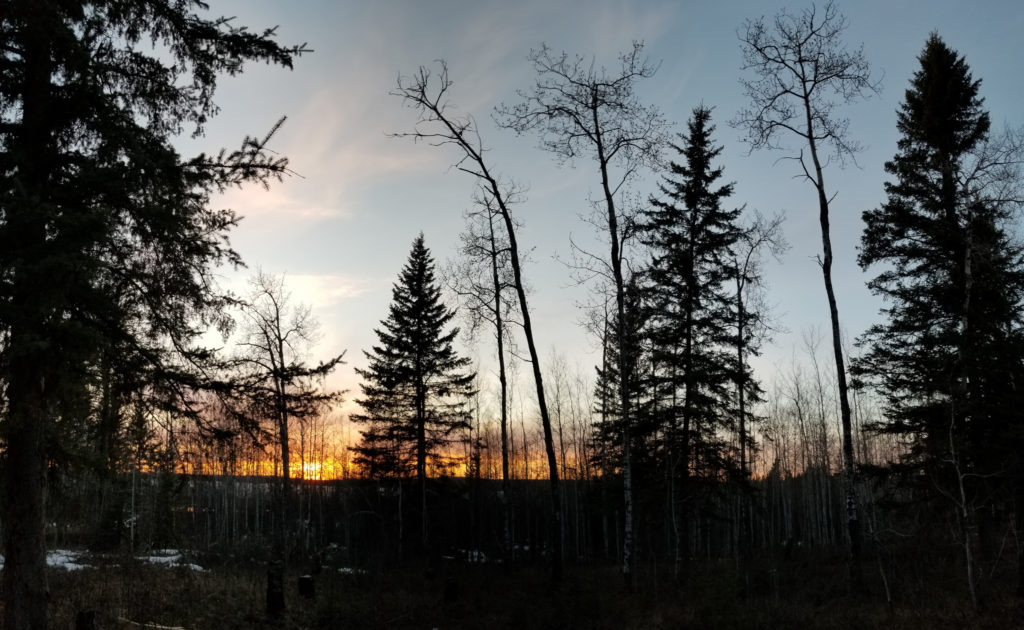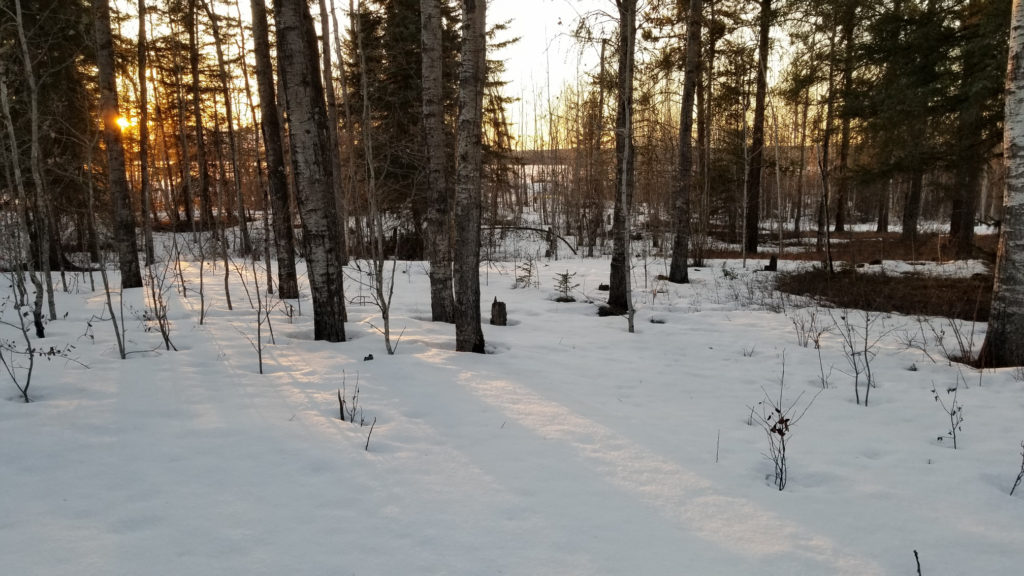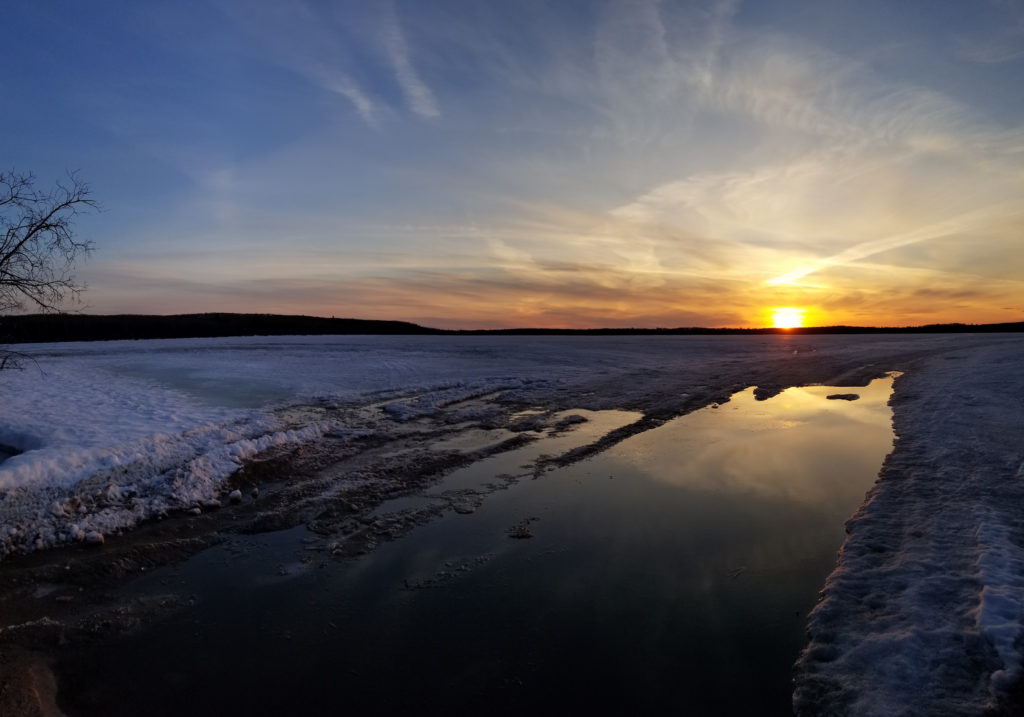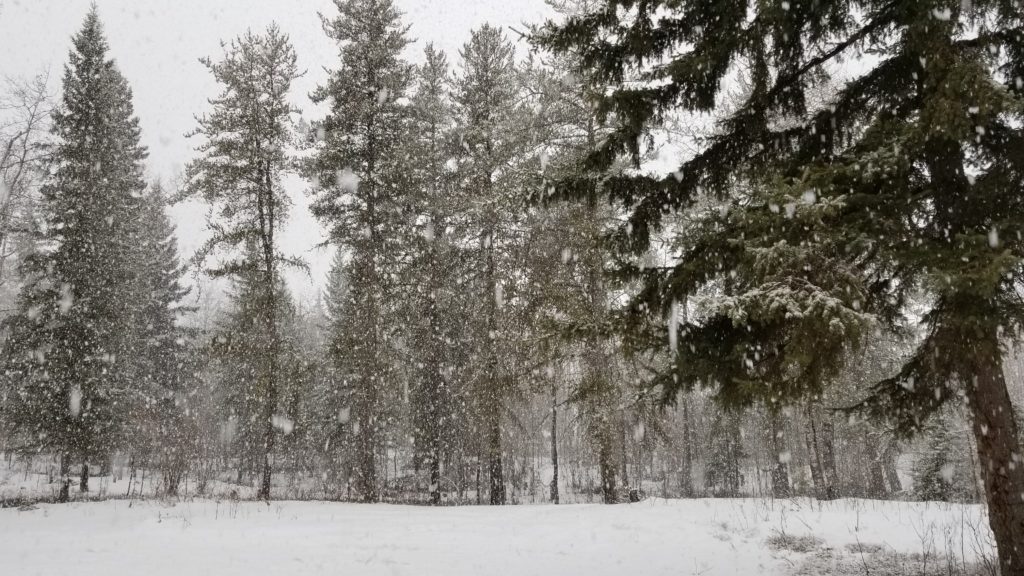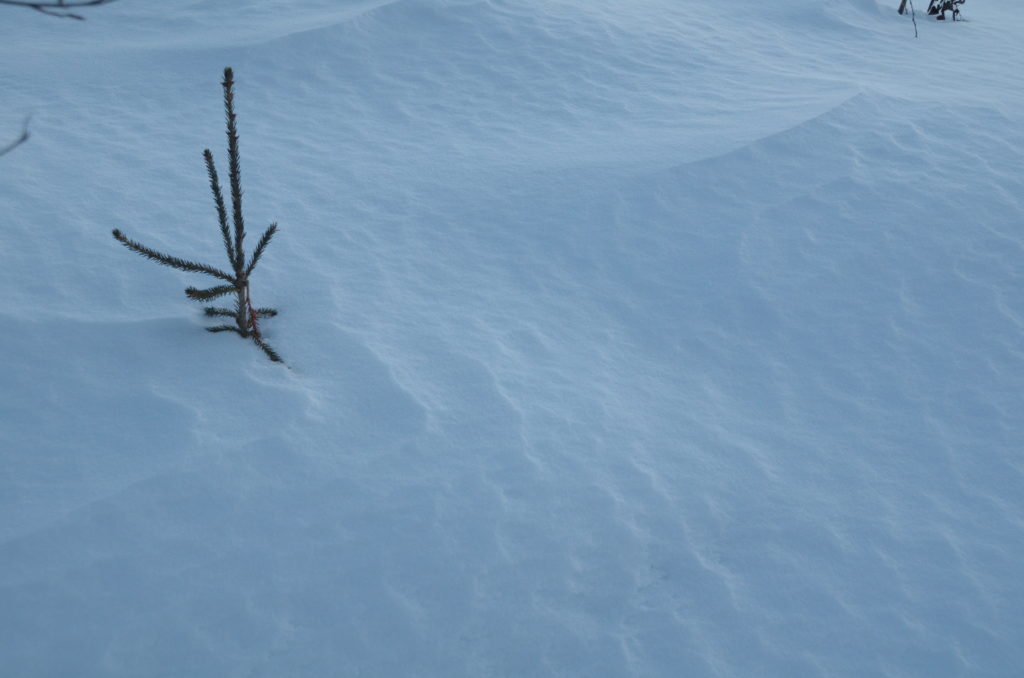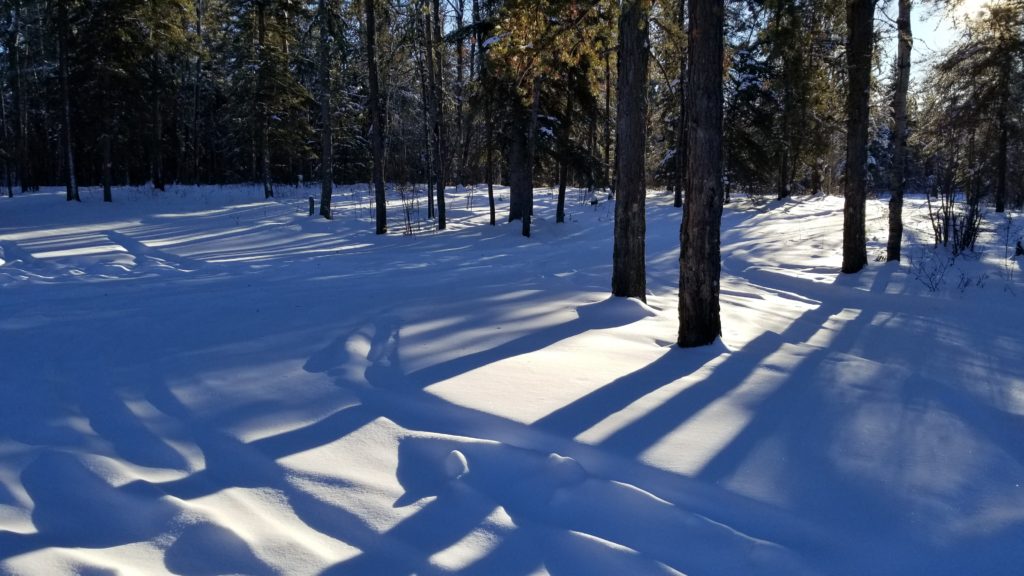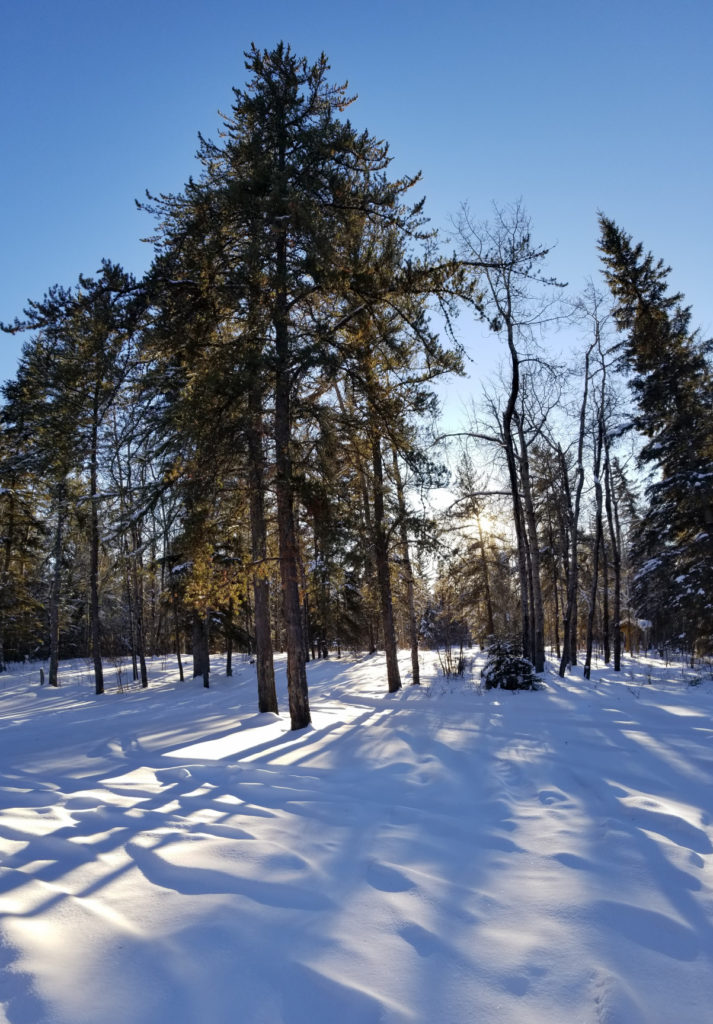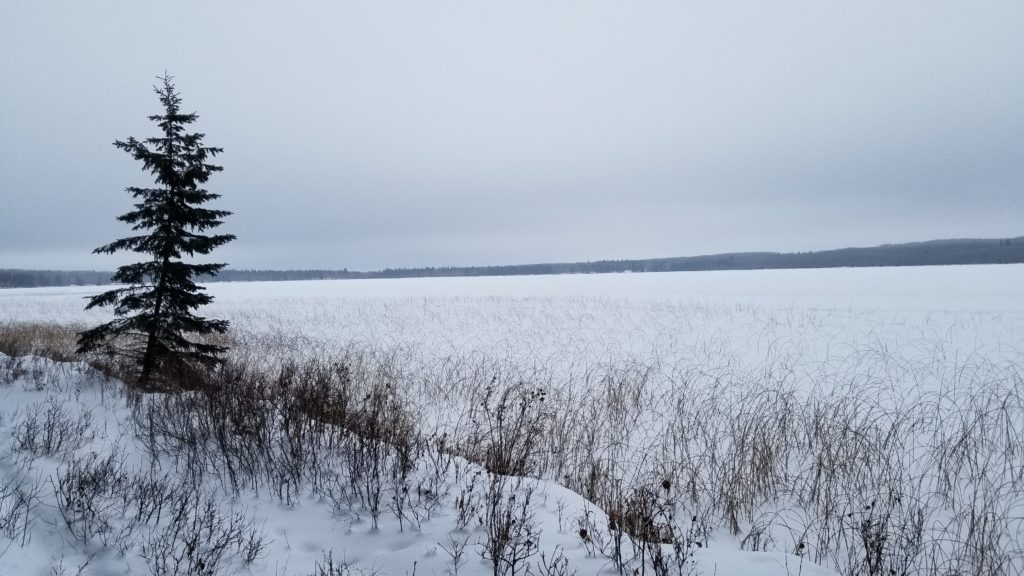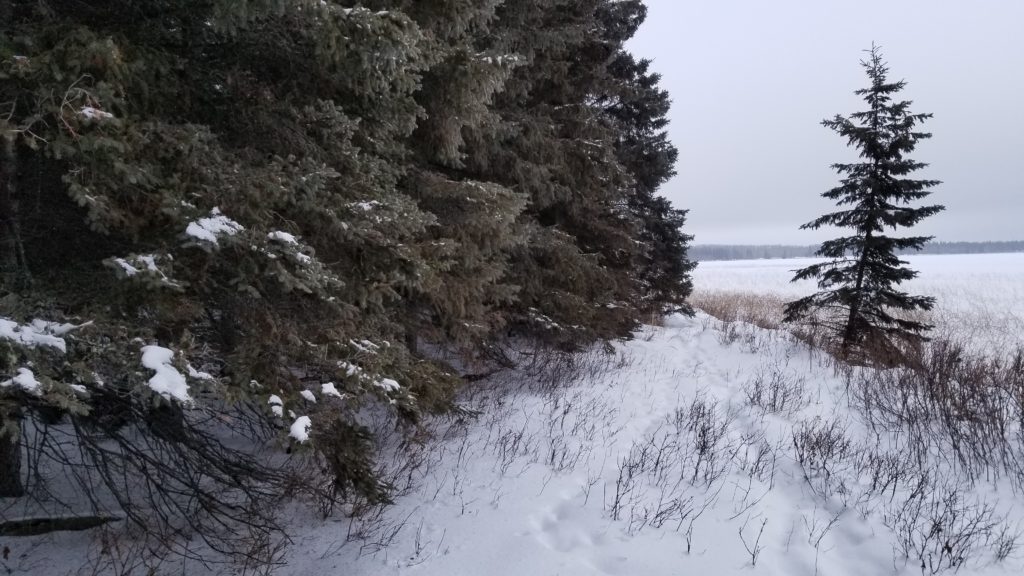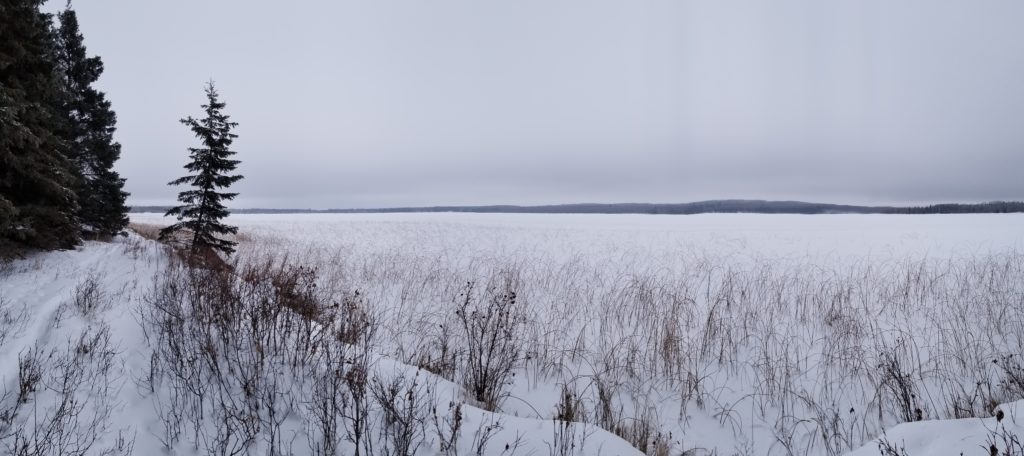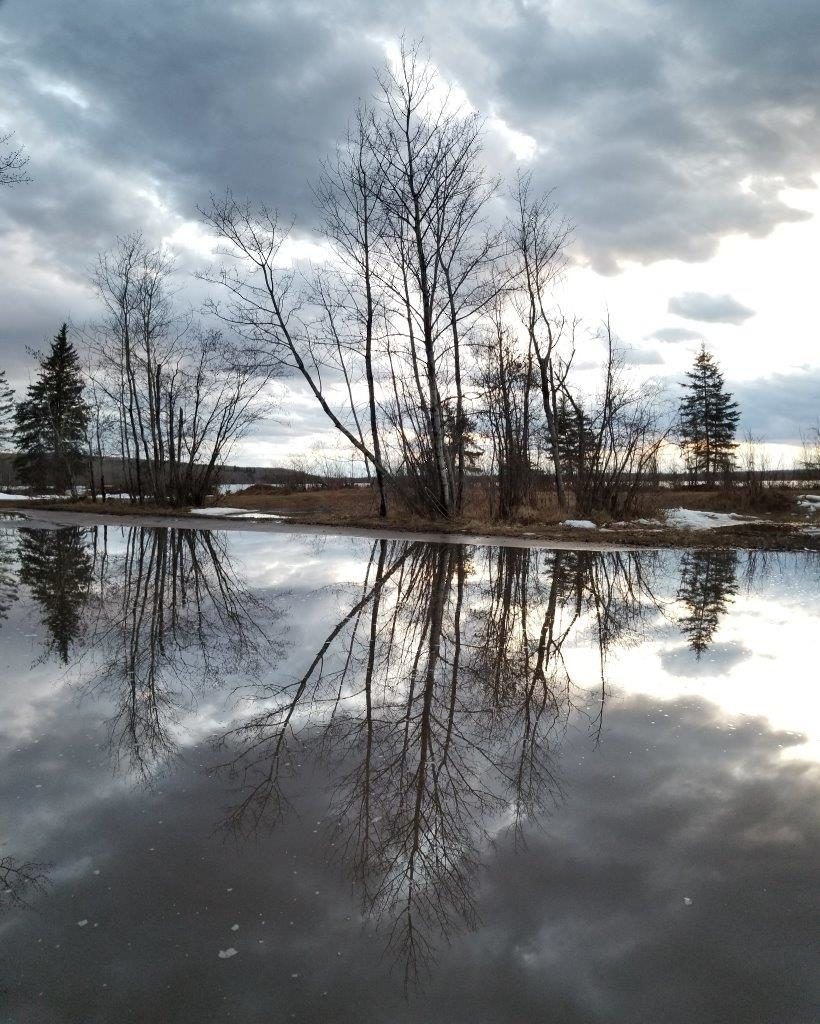
Scapegoat No, Sacrifice Yes
This morning we remember Jesus’ last hours, as the soldiers, by Pilate’s orders, in response to the crowd’s demands, hung Jesus on the worst instrument of torture, the cross.
The characters
Remember the many characters in Jesus’ last hours. Judas, the soldiers, the High Priests Annas and Caiaphas, Pilate, Malchus, Peter, the crowd, Jesus’ Mother Mary, her sister Mary of Clopas, Mary Magdalene, Joseph of Arimathea, Nicodemus, and of course Jesus.
Our part
None of us were present in that horrific drama more than 2000 years ago. Yet we are characters in so many terrible dramas that have taken place in our own life times, dramas that are devastatingly so similar.
Girard, Scapegoating
The French Historian and Anthropological Philosopher Rene Girard identified the similarity that ties Jesus’ last days with our all too common dramas as a common human sin, scapegoating. Girard pointed out that we all greedily strive to have more than just the necessities of life. Thinking that life is a zero sum project (that there is not enough for everyone) we try to take from others so that we will have more. That’s greed. And greed eats at our souls.
What nearly always happens next is worse. Since we cannot tolerate that we would be mutually so terrible to those close to us, we together find an innocent bystander, someone vulnerable and uninvolved, someone who we do not know well and therefore can bring ourselves to not care what happens to them. Without any justification we project all our collective sin and guilt onto that person, condemn them, judge them, and ruin them. Working together we ease the unbearable conflict between us.
Like Joseph’s brothers in the Old Testament getting rid of the evidence of their horrendous sin against their own brother, we exile the innocent person. We’ve attached our sins to that person and then collectively forgotten about them and our sins, so that we can live together in peace. The darkness hides that our peace is bought at the price of an innocent bystander’s destruction.
We are exactly like the characters
In exactly this manner Judas, the high priests, the crowds, Pilate, and the soldiers condemn and kill Jesus. And we do this so often to other people today. We may not use crosses to crucify, because we want to be able to say we are not as bad as those who have gone before us. Instead we use gossip, innuendo, and rumours to ruin innocent people’s reputations, ruin them financially, and drive them from our communities.
Even when we are not Judas or soldiers or the crowd, or the high priests or Pilate, we stand too often with the crowds watching as another person’s reputation and finances are ruined. We watch and are too afraid to interfere. We are even entertained and reassured as if to say to ourselves, “all is well in the world if evil is uncovered in others and they are made to pay. We, though, are good enough for God.”
Jesus, Clear story of God’s intent: the last scapegoat
In truth Jesus came to be the last scapegoat, the last sacrifice needed to set us all free from all sins, especially these terrible sins of greed and scapegoating, of hiding from our own sins.
God led Abraham to the mountain to sacrifice Isaac. But then God interrupts the sacrifice providing a goat instead for the ritual. God says: no more child sacrifice.
Likewise, God led Jesus to the cross, as the last scapegoat ever needed, and to give us Jesus’ life and death story so that we might learn more of God’s intention for us, which includes: no more scapegoats.
Jesus forgives those who betray, arrest, judge and crucify him. God calls us, instead of scapegoating innocent bystanders, to be that same forgiveness for all people.
Yet, we are still in bondage to sin and unable to free ourselves, and we continue to sacrifice others instead of ourselves.
Today we are in the crowd again
Today we remember how we are just like that crowd again, as Jesus is raised on the cross to die a torturous death.
We beg for forgiveness … and time
We ask for forgiveness. We hope we will learn to stop sacrificing innocent people as scapegoats. We pray that God will intervene, transform our sins into blessings, and make God’s will clear also among us, in our words and through our actions.
…
Even so, we know we will continue to sin, so remembering Jesus’ story, we beg God for mercy, and forgiveness, …
and time for the amendment of our lives.
